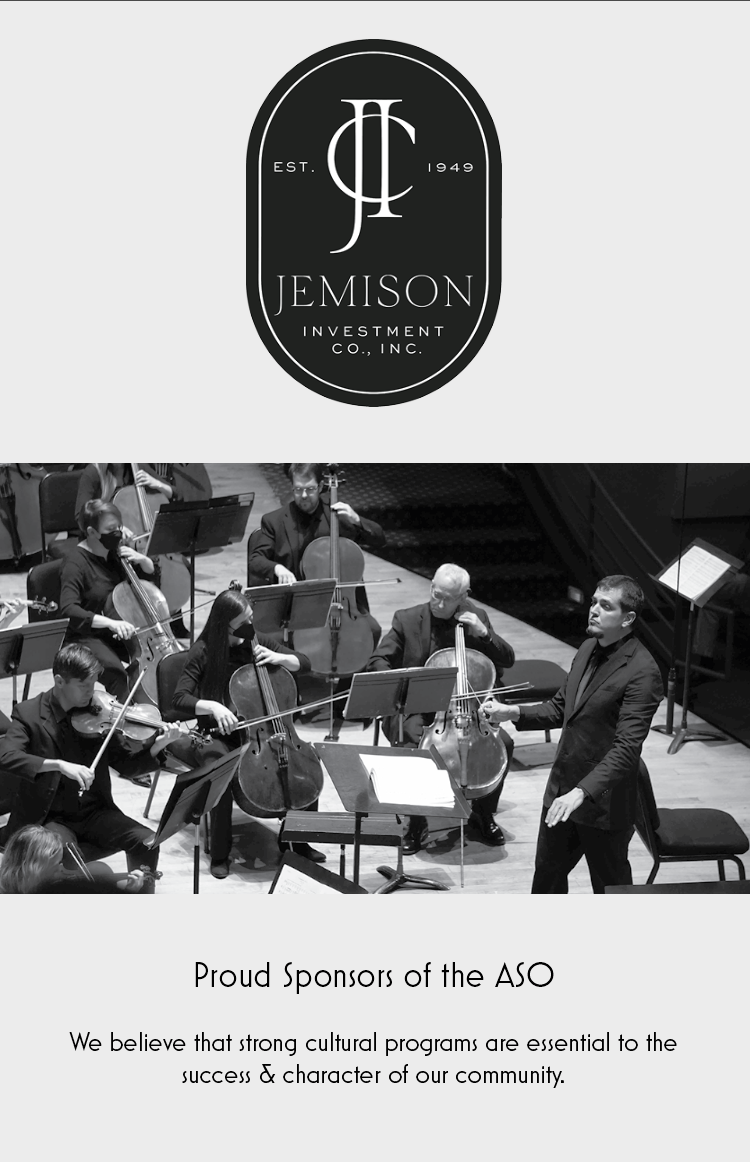Pyotr Ilyich Tchaikovsky: Symphony No. 4
1877 was the most tumultuous year of Tchaikovsky’s life. In late March, he received a love letter from a former student, Antonina Miliukhova—and although he stated that he did not return the sentiment (in fact, he didn’t even remember meeting her), Antonina begged the composer for a single meeting, after which she would end her life. Some might have interpreted this obsession as a sign of instability, but Tchaikovsky—perhaps attempting to quell mounting rumors of his homosexuality—decided to marry her. Within two months, the composer had thrown himself into a river in an unsuccessful suicide attempt. As he later explained to his brother Anatol,
There is no doubt that for some months I was insane, and only now, when I am completely recovered, have I learned to relate objectively to everything which I did during my brief insanity. That man, who in May took it into his head to marry Antonina Ivanovna, who during June wrote a whole opera as though nothing had happened, who in July married, who in September fled from his wife…and so on—that man wasn’t I, but another Pyotr Ilyich.
Once his health was restored, Tchaikovsky began work on the Fourth Symphony, dedicating the work to the other significant woman in his life—his “best friend” Nadezhda von Meck. As Tchaikovsky’s patron, von Meck supported him financially and emotionally, and though the pair never met they exchanged over a thousand letters. At her request, Tchaikovsky wrote "program notes" that seem to allude to his dramatic life events. (Whether they do, of course, has been the subject of debate ever since.)
Of the opening fanfare, Tchaikovsky writes, “Fate—that ineluctable power of destiny which like a Damocles sword constantly hangs over our heads and steadily poisons our souls.” The second movement presents “Another picture of suffering. It is that remarkable feeling which seizes us of an evening when we are alone.” The third movement offers a respite, but fate is inexorable; as he admonishes in the fourth movement, "When you find no occasion for joy in yourself, look for joy in other people. But barely have you had the chance to lose yourself, that unremitting fate appears, clamoring for your attention.” All is not lost, however. Tchaikovsky concludes, "There are great and simple joys. Gain serenity from the joys of others. Life is tolerable after all.”
